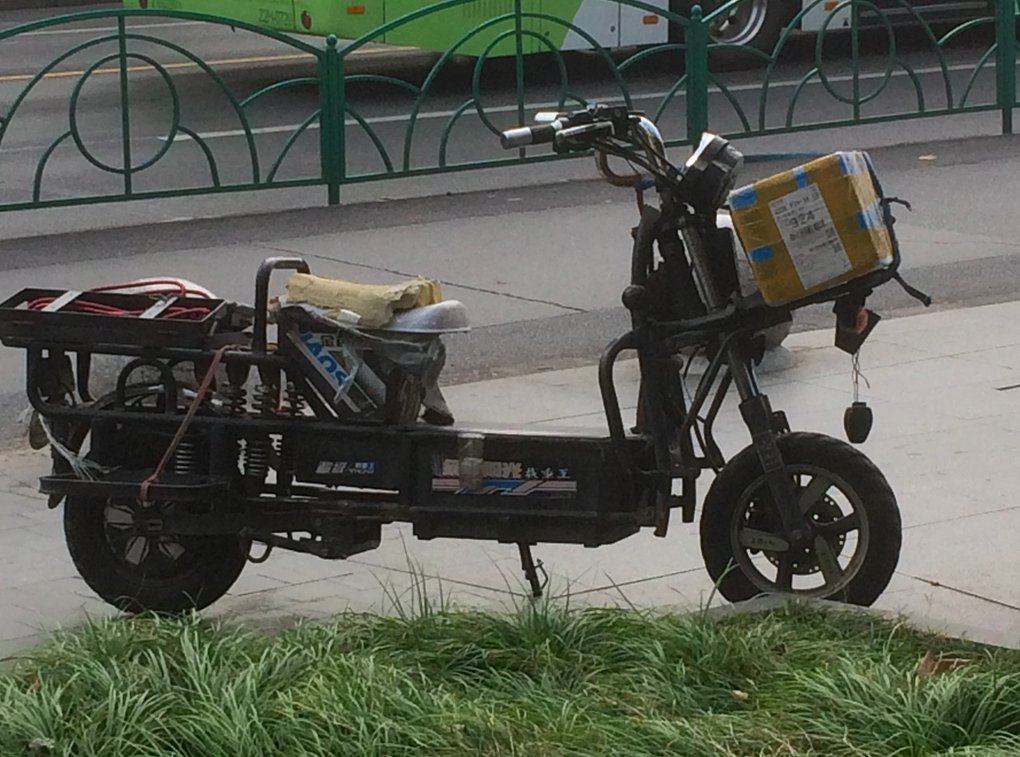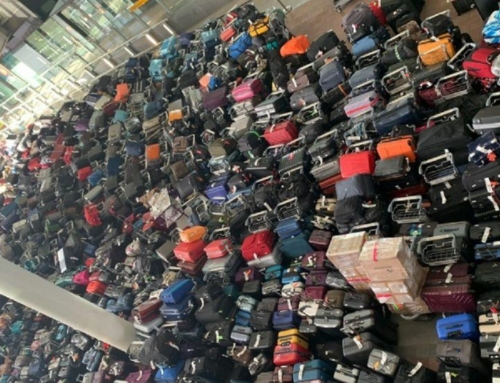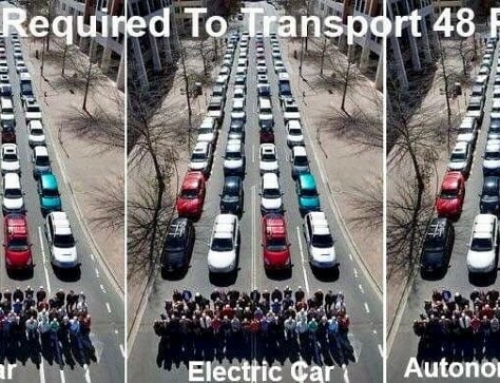(Above, in 2018: large areas of Shanghai have fallen silent thanks to the widespread use of electric cargo bikes; there’s hardly a white van to be seen)
City Manager’s To-Do List
1. To see what your city’s two-wheeled future could be like, visit India and marvel at the richness of bike-based commerce. Then go to Indonesia and marvel at the range of services available on the Go-Jek platform. And visit Shanghai, where large areas of of the city have fallen silent thanks to the widespread use of electric cargo bikes; there’s hardly a white van to be seen
1 Next, develop a shared vision among stakeholders – an approach pioneered in Denmark’s Kickstand Policy Training
2 Encourage the creation of multi-actor meeting and market places – such as the Cargo Bike Festival
3 publish a catalogue of business models to aid decision-support
4 provide small business support, as anticipated in the EU’s GoPedelec programme
5 encourage the provision of micro-finance
6 create hard infrastructure – such as the Dutch cycle superhighways
7 organise logistics hubs such as Germany’s ‘Bentobox’ system
8 address nitty-gritty governance issues – for example, the regulations for city parks – in Municipal Decision Maker Workshops
9 secure buy-in from place-based retailers
10 provide topographical decision support to cargo bike operators (in the form of real-time data on isohypses and isoenergetes)
11 like Vienna, subsidize cargo bikes for citizens
12 copy Vooralberg, which has made 500 pedelecs available to city workers
13 support fiscal measures that incentivise company pedelecs
14 frame your city’s procurement policy on batteries: rent not buy
15 encourage bike trailer rental of the kind pioneered by Israel’s Tel-O-Porter platform
16 tell everyone to check out online knowledge sharing platforms such as endless-sphere
17 enable bike-riding lessons for all, as happens in Albania’s Shining Cycle Culture
18 find ways to upgrade your city’s bike repair infrastructure, as they do in Slovenia)
19 partner with firms like Germany’s ChargeLockCable to enable secure bike storage
Most of the component parts for ultra-light mobility ecosystems are on the table – from cargo bikes, to sharing platforms. Social and technical innovations are transforming relationships between people, goods, energy, space, and value.
The sale of transformation is huge. Having studied the potential of what’s out there, Germany’s Institute of Transport Research reckons 85 percent of all parcel deliveries in a city like Berlin could be made by two-wheeled vehicles such as bikes and pedelecs.
But as the grotesque piles of discarded dockless bikes have shown – not to mention the plummeting expectations for autonomous vehicles – logistics systems are harder to deploy than toy train sets.
Multiple actors are involved in bicycle commerce, for example, and they often have differing or conflicting agendas.
For one-act firms like Mobike, managing the ecosystems of infinitely diverse cities is simply too hard. You can’t just plug the bits together and walk away.
This is why cities need transport ecosystem managers. As I learned when writing Caloryville: The Two-Wheeled City in 2014, co-ordination and connection are key success factors.
The private sector, it’s true, is now selling ‘mobility as a service‘ (MaaS) platforms. But with a business model predicated on the perpetual growth of trips, private actors simply cannot steward the social and ecological health of the city as a living whole. Only city halls can do that.
Platforms such as Munich’s Gscheid Mobil, with its focus on reducing car traffic, is an exception right now. But for the hundreds of cities now thinking, at least, along similar lines, my modest contribution is the following list of mostly small and inexpensive steps to get them started.




